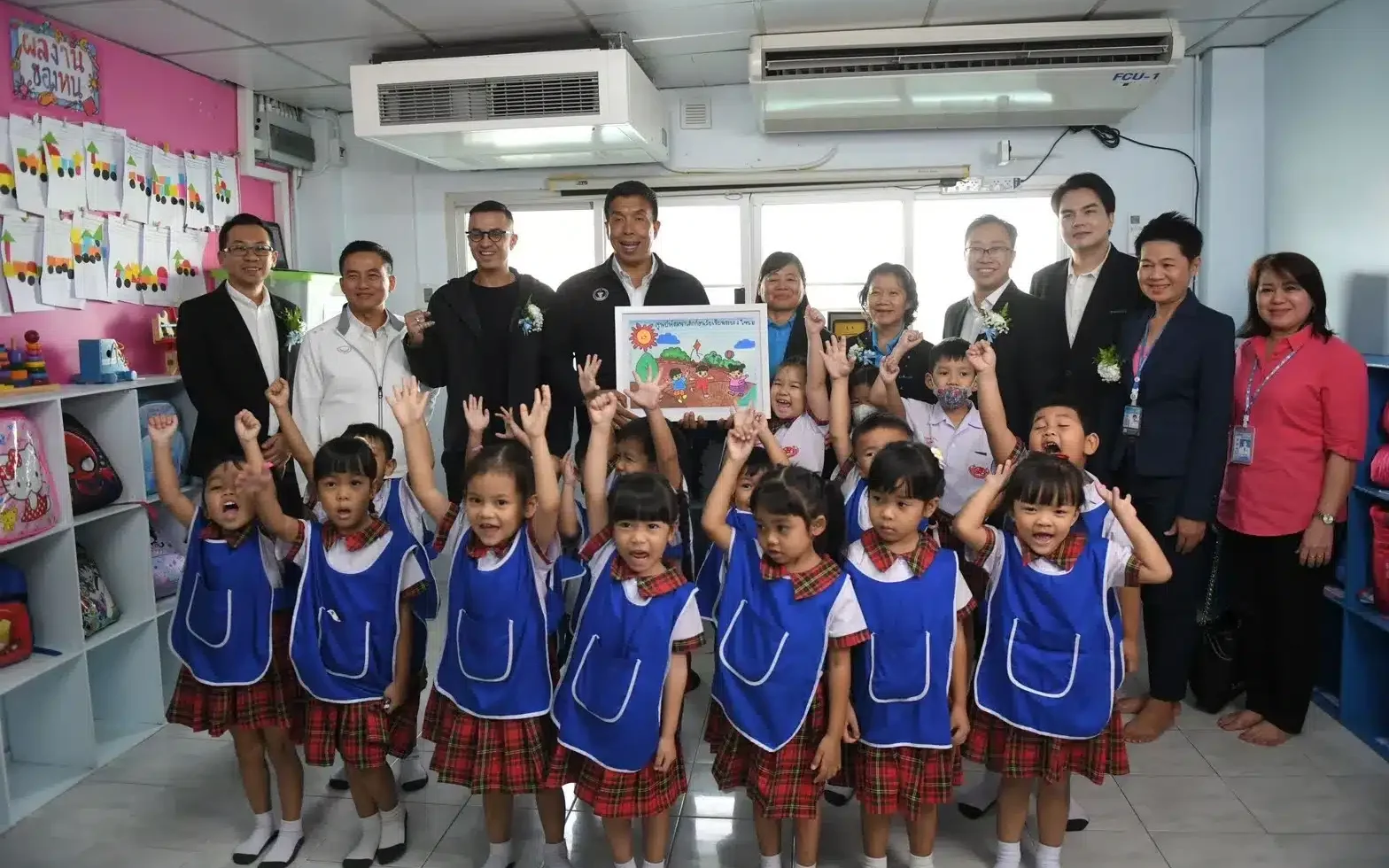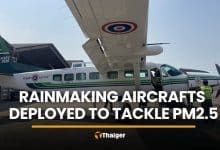Bangkok commits to dust-free classrooms amidst pollution concerns

The Bangkok Metropolitan Administration (BMA) has committed to increasing the number of dust-free classrooms within its schools by the end of the year.
During a community inspection in Watthana district, Bangkok Governor Chadchart Sittipunt highlighted the need to address public concerns, particularly those related to environmental and public health issues.
The 58 year old Bangkok chief confirmed that 744 out of 1,966 classrooms are set to be upgraded to dust-free status in 437 schools managed by the BMA. The remaining classrooms will be converted by year-end.
Among these schools, 429 also include kindergartens. Governor Chadchart assured that each BMA-run school will be equipped with air conditioners and air purifiers to shield students from PM2.5 pollution, which has recently led to class suspensions.
However, there are ongoing concerns about private preschools lacking such equipment.

The BMA aims to install air quality monitoring devices in every centre this year. Concurrently, the Department of Health has advised schools to clean classrooms daily with damp cloths rather than sweeping or dusting to reduce airborne particles.
They also suggest sealing windows and doors, installing air purifiers, and ensuring proper ventilation. Currently, over 2,000 schools and childcare centres nationwide have established dust-free rooms.
Residents of Bangkok are still experiencing unhealthy air quality, with Monday’s PM2.5 levels surpassing the safe limit of 37.5µg/m³ in 66 areas. The most affected districts were Bung Kum (64µg/m³), Nong Chok (63.8µg/m³), and Lat Krabang (61.7µg/m³), reported Bangkok Post.
Weather patterns in Bangkok from Monday to Sunday are expected to further hinder air pollution dispersion, maintaining elevated PM2.5 levels.

In similar news, the Government of Thailand is intensifying efforts to combat PM2.5 pollution due to concerns over its detrimental effects and a desire for cleaner air, a recurring issue at the start of the year.
Numerous provinces have been affected by the fine dust since January, leading to measures such as reducing bushfires and haze, offering free public transport in Bangkok, and temporarily closing schools in heavily polluted areas.
Latest Thailand News
Follow The Thaiger on Google News:


























